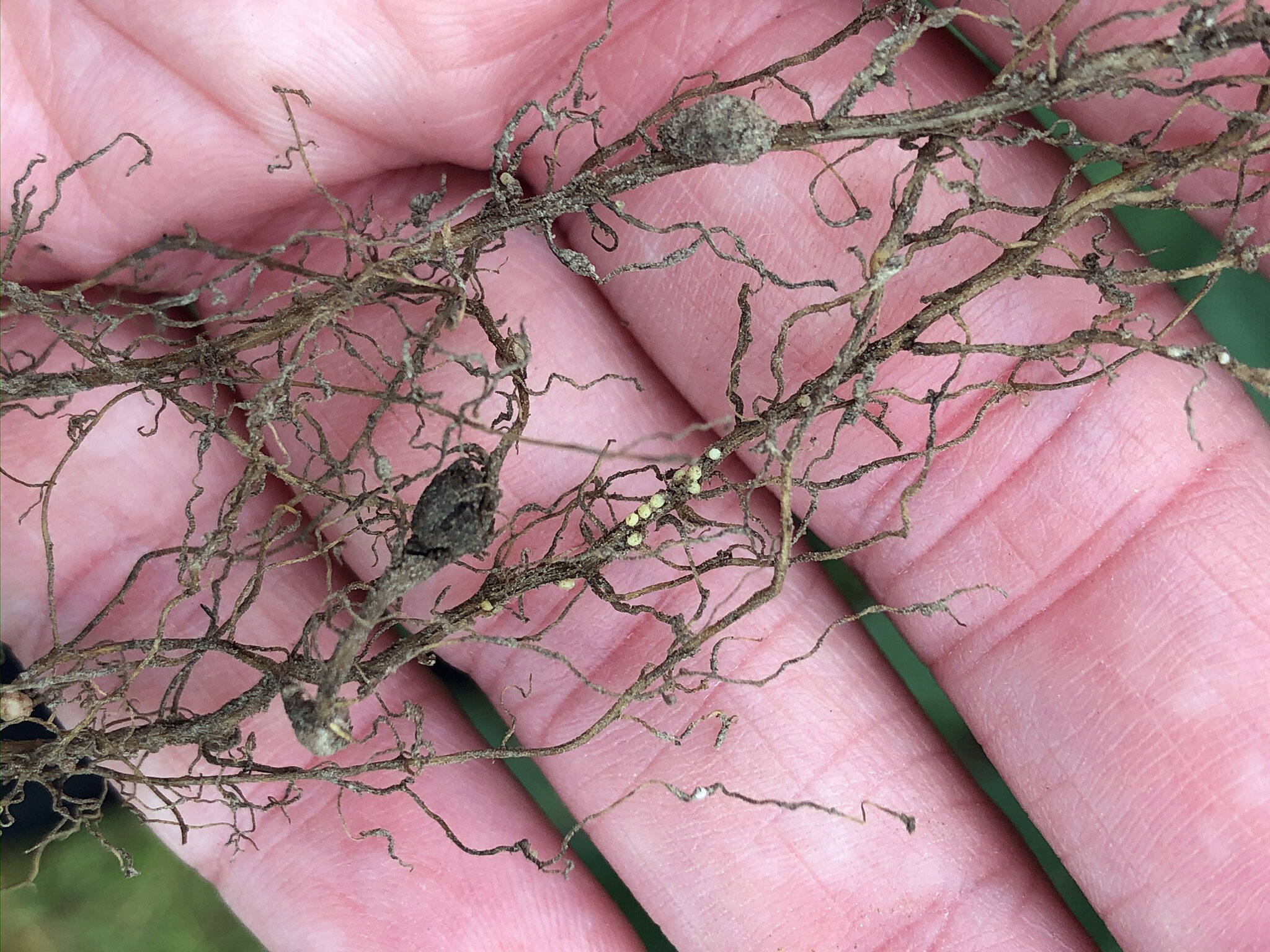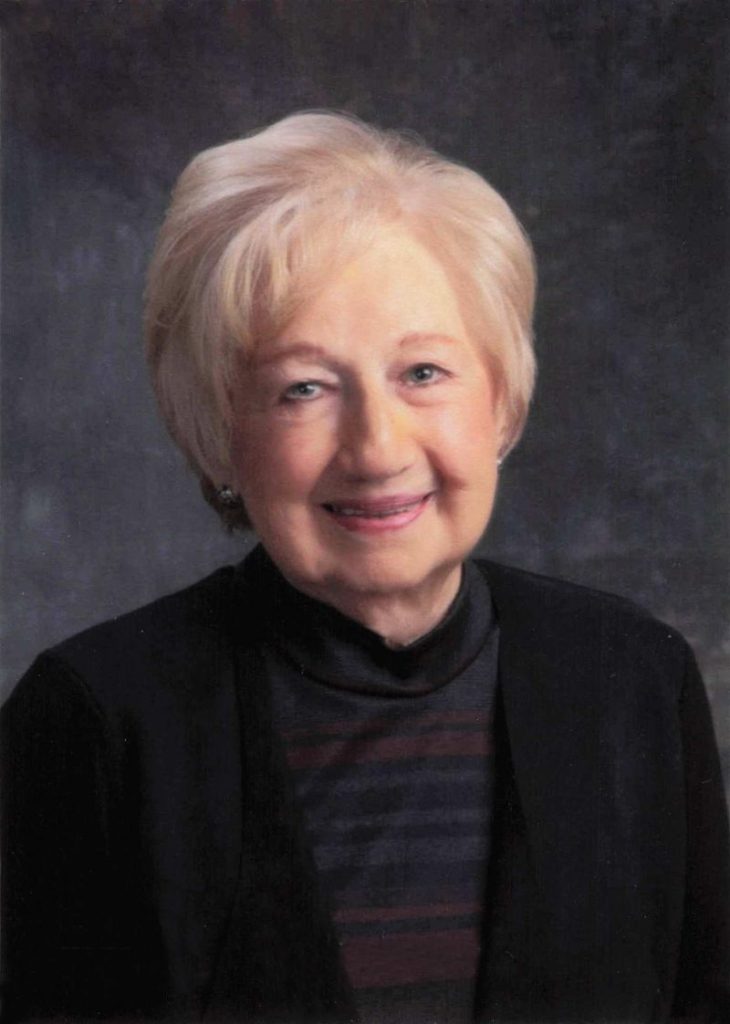SCN Diagnostics, Missouri Soybean Merchandising Council offering free SCN tests

COLUMBIA, Mo. — Soybean producers are encouraged to submit soil samples for soybean cyst nematode (SCN) egg counts to the SCN Diagnostics clinic in Columbia this spring for free, says Mandy Bish, clinic director and University of Missouri Extension plant pathologist.
Missouri Soybean Merchandising Council partners with the clinic to offer four free sample tests to each producer. For more information, contact your local MU Extension center, or contact SCN Diagnostics at 573-884-9118 or scndiagnostics@missouri.edu. Sample submission forms are available at www.SCNdiagnostics.com.
SCN is the No. 1 soybean disease in the U.S. and Canada. Yields drop by as much as 14 bushels per acre in infected fields.
Soybean infected with SCN often appear healthy above the ground because SCN infects the roots of plants. Populations can increase exponentially. Cysts and eggs spread within a field or to new fields by disturbance of the soil, including movement of equipment.
Bish recommends collecting samples from these areas:
- Sampled more than three to five years ago.
- With known SCN populations.
- With a history of sudden death syndrome of soybean.
- Where soybeans are not rotated with corn.
Sampling for SCN is a little different than sampling for other purposes, says Bish. Recommended soil cores are 1 inch in diameter by 8 inches deep. Plan to collect 10 to 20 cores per 20 acres and combine into one composite sample.
For decades, growers have relied on a soybean line called PI 88788 as the main defense against SCN. More than 95% of commercial varieties grown in Missouri have PI 88788 resistance. Juvenile nematodes feed on roots of PI 88788 plants, which impedes their maturation into adult females, stopping egg production. But recent work by MU soybean researchers found many Missouri SCN populations can reproduce on PI 88788 varieties.
For more information, the MU Extension publication “Soybean Cyst Nematode: Diagnosis and Management” (G4450) is available at https://extension.missouri.edu/publications/g4450. You also can contact your regional MU Extension agronomist.
Miss Clipping Out Stories to Save for Later?
Click the Purchase Story button below to order a print of this story. We will print it for you on matte photo paper to keep forever.

